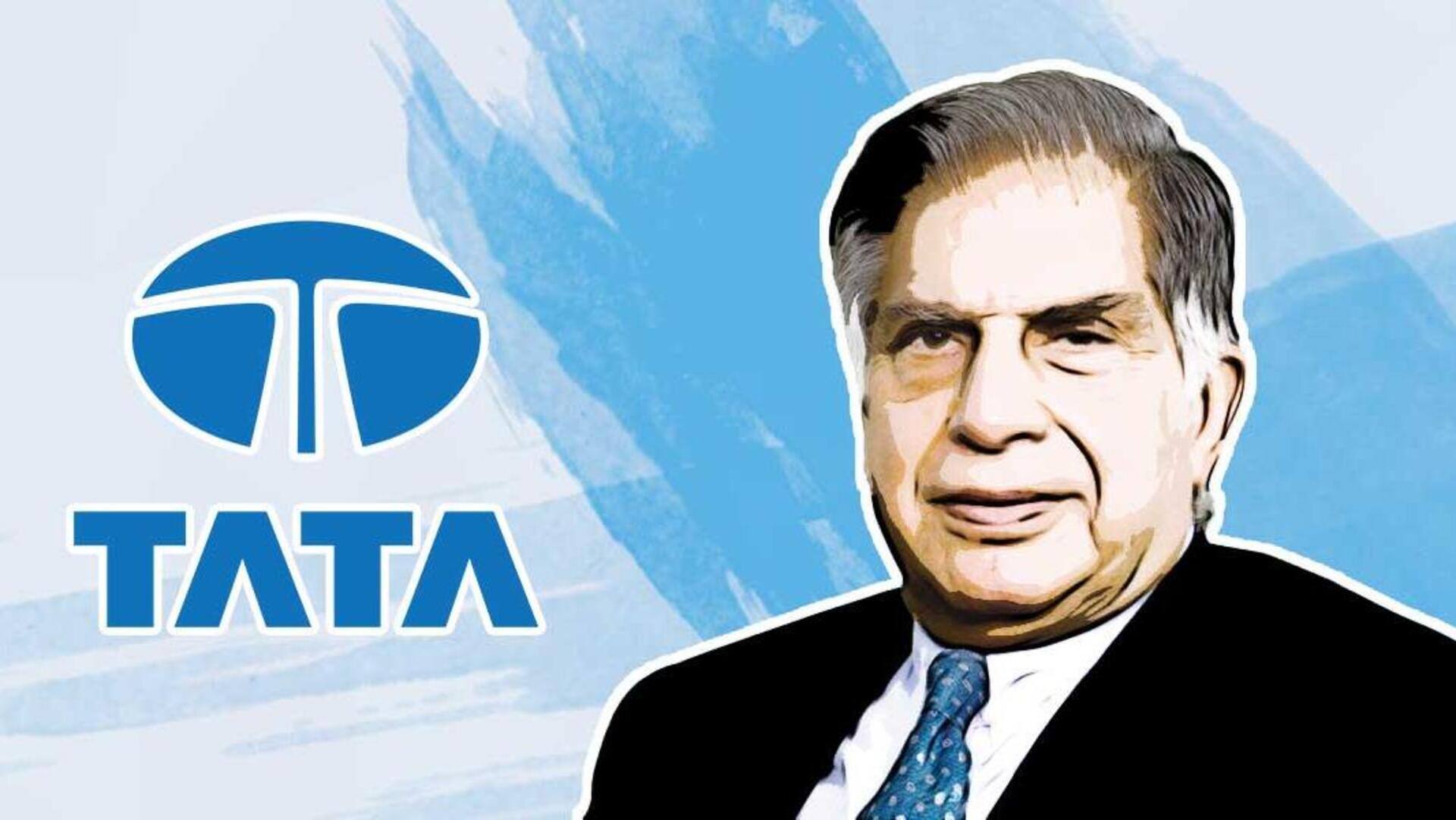
Tata Group is now worth more than all of Pakistan
What's the story
India's Tata Group has seen its market capitalization soar to $365 billion, surpassing the entire economy of neighboring Pakistan. Interestingly, the International Monetary Fund (IMF) estimates Pakistan's economy to be around $341 billion. The impressive growth in Tata Group's market value is attributed to significant returns in Tata Motors and Trent and a strong performance by Titan, Tata Consultancy Services (TCS), and Tata Power over the past year.
Comparisons
TCS is half the size of Pakistan's economy
TCS, worth approximately $170 billion, is not only India's second-largest company (after Reliance Industries) but is also nearly half the size of Pakistan's economy. This happened as Tata's value has surged while Pakistan's economy is on a steady decline. While Pakistan grapples with a severe economic crisis and mounting debt, at least eight Tata companies, including the recently listed Tata Technologies, have more than doubled their wealth in the last year.
Tata's fortunes
Unlisted Tata companies add to group's value
Taking into account the estimated market value of unlisted Tata companies, Tata Group's net worth could potentially increase by another $160-170 billion. These include Tata Capital, Tata Play, Tata Advanced Systems, and airline ventures (Air India and Vistara). Tata Capital is expected to launch its initial public offering (IPO) by next year in accordance with Reserve Bank of India (RBI) guidelines. It currently holds a market value of Rs. 2.7 lakh crore in the unlisted market.
Pakistan's economy
Pakistan's economic struggles amid rising debt
Pakistan's GDP grew by 6.1% in FY22 and 5.8% in FY21 but is projected to have contracted in FY23 due to devastating floods causing billions of dollars in damage. With external debt and liabilities reaching up to $125 billion, Pakistan is scrambling to secure funds for the $25 billion of external debt payments starting in July. The country's foreign exchange reserves are approximately $8 billion, barely covering two months of essential imports, while its debt-to-GDP ratio has already surpassed 70%.